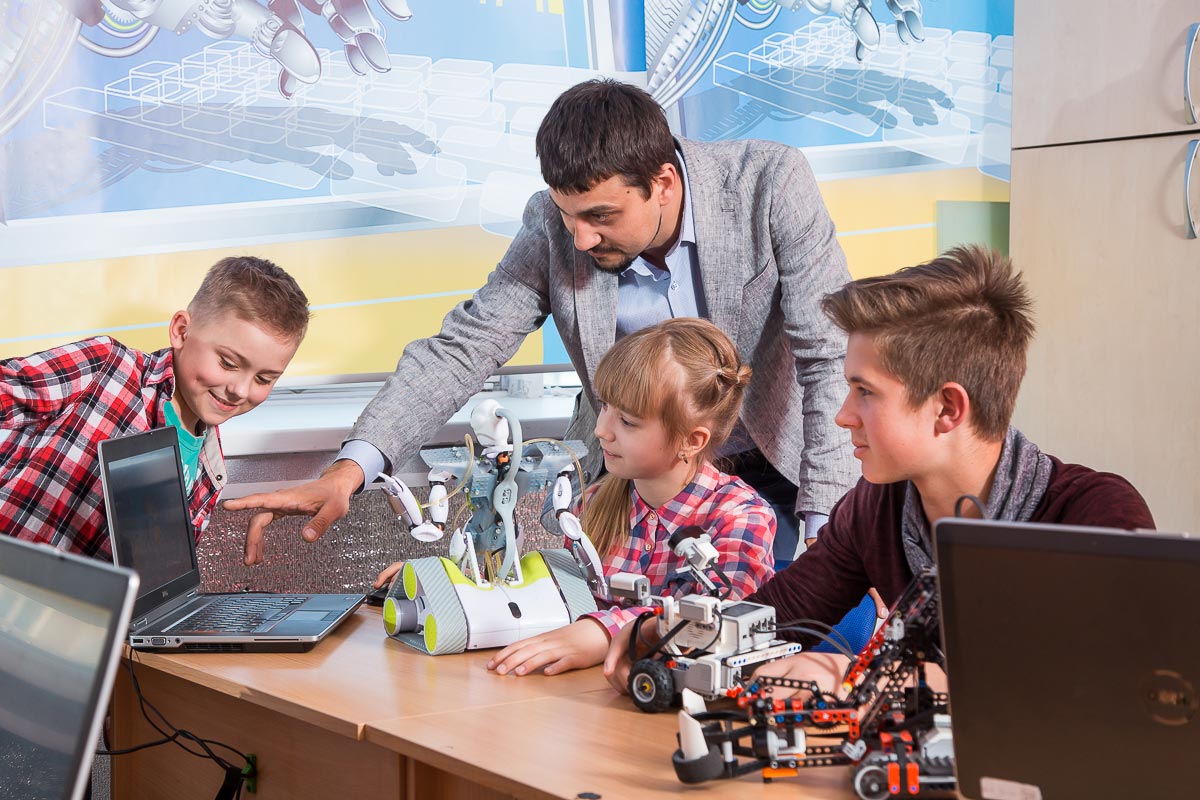Bridging Worlds: Nurturing Cultural and Global Awareness through Innovative Programs

In today's interconnected world, the importance of cultural and global awareness has taken center stage in educational development. Educational programs tailored for children and adolescents have expanded beyond traditional subjects to encompass a rich tapestry of diverse cultures, traditions, and global issues. These programs are designed to foster an understanding and appreciation of different ways of life and to nurture a sense of empathy and responsibility towards the global community. Through a range of captivating activities, including language courses, cultural exchange programs, world history and geography lessons, and debates on global issues, these initiatives open doors to a broader perspective and a more interconnected future.
Embracing Diversity: The Essence of Cultural and Global Awareness Cultural and global awareness programs are not only about acknowledging differences but also about celebrating them. These programs lay the foundation for a society that values diversity, fostering an environment where individuals can learn from each other's unique backgrounds and experiences. Understanding different cultures and traditions enhances empathy, breaking down barriers and paving the way for harmonious interactions in an increasingly globalized world.
Language Courses: Unlocking Doors to Communication Language is the key that opens doors to cross-cultural communication. Language courses offered in these programs equip children and adolescents with the tools to connect with individuals from diverse linguistic backgrounds. Learning a new language not only enhances communication skills but also provides insights into the cultural nuances and perspectives embedded in each language.
Cultural Exchange Programs: Building Bridges Beyond Borders Cultural exchange programs are the heartbeats of cultural and global awareness initiatives. Through these programs, students have the opportunity to immerse themselves in different cultures firsthand. By living with host families or participating in exchange trips, they experience daily life, traditions, and customs of other regions, fostering mutual understanding and forming lasting connections.
World History and Geography Lessons: Unveiling Global Context World history and geography lessons are essential components of cultural and global awareness programs. By delving into the histories of different regions and exploring global geography, students gain insights into the interconnectedness of societies and the factors that have shaped our world. This knowledge lays the groundwork for understanding the complex issues that transcend national borders.
Debates on Global Issues: Nurturing Critical Thinkers and Advocates Debates on global issues are intellectual arenas where students engage in thought-provoking discussions about pressing global challenges. These debates encourage critical thinking, research, and articulation of ideas while delving into topics such as climate change, human rights, and international relations. Through these discussions, students become informed advocates for positive change on a global scale.
Fostering Global Citizenship: Navigating a Shared Future Educational programs that cultivate cultural and global awareness nurture the concept of global citizenship. By instilling a sense of responsibility towards global issues, students learn to look beyond their immediate surroundings and contribute to the betterment of the world. These programs nurture a generation that is not only culturally aware but also actively engaged in creating a more just, inclusive, and sustainable world.
In conclusion, cultural and global awareness programs stand as gateways to a more interconnected and empathetic world. Through language courses, cultural exchange programs, world history and geography lessons, and debates on global issues, these initiatives equip children and adolescents with the skills and knowledge needed to thrive in an increasingly diverse and interconnected global society. By fostering cultural understanding, promoting cross-cultural communication, and nurturing a sense of global citizenship, these programs pave the way for a brighter and more harmonious future.

